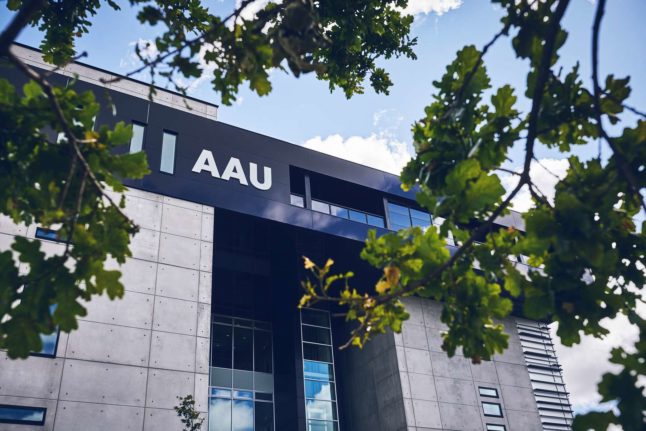Thousands of students beginning their time at Danish higher education colleges will do so without drinking a drop of alcohol during social introductory events, broadcaster DR reports.
A number of upper secondary schools or gymnasier will also implement dry intro programmes for students, a change in custom that comes with the backing of the Danish Health Authority.
“The students will get the chance to get to know each other in a more honest way when alcohol is not involved,” the head teacher of Tradium technical college in Randers, Else Ravn Rasmussen, told DR.
The Danish Health Authority praised schools and colleges for taking the decision to move away from customarily alcohol-fuelled social events designed to break the ice between new students at the beginning of the academic year.
As well as having a positive impact on alcohol consumption habits, the health authority said it hopes that it well give students a better start to college life.
“Many young people experience pressure to drink when they begin further education. If we remove alcohol from the early phase, they can build relationships where the social aspect is at the centre, and not alcohol,” Danish Health Authority department director Niels Sandø told DR.
READ ALSO: Denmark advises no alcohol consumption for under-18s
Not all schools and colleges agree with the new approach. The head teacher at Gribskov Gymnasium, Kristoffer Sidenius, told DR that removing alcohol from school introductory events would only result in students having their own events outside of school auspices.
He also argued that a two-month delay would have little impact on young people’s general alcohol consumption habits.
“When they come to the [school] parties, they’re so busy dancing and talking that they don’t actually drink that much at the school. I’m more concerned about what happens at private parties and in nightlife,” he said.
Sandø said that stricter alcohol policies at schools do not in fact increase drinking elsewhere.
“That idea is somewhat similar to the narrative that it is best for children to learn to drink at home. But those who learn to drink at home are also those who drink the earliest and the most,” he told DR.
Young Danes drink more on average than young people in the rest of Europe, according to the Danish Health Authority.



 Please whitelist us to continue reading.
Please whitelist us to continue reading.
Member comments